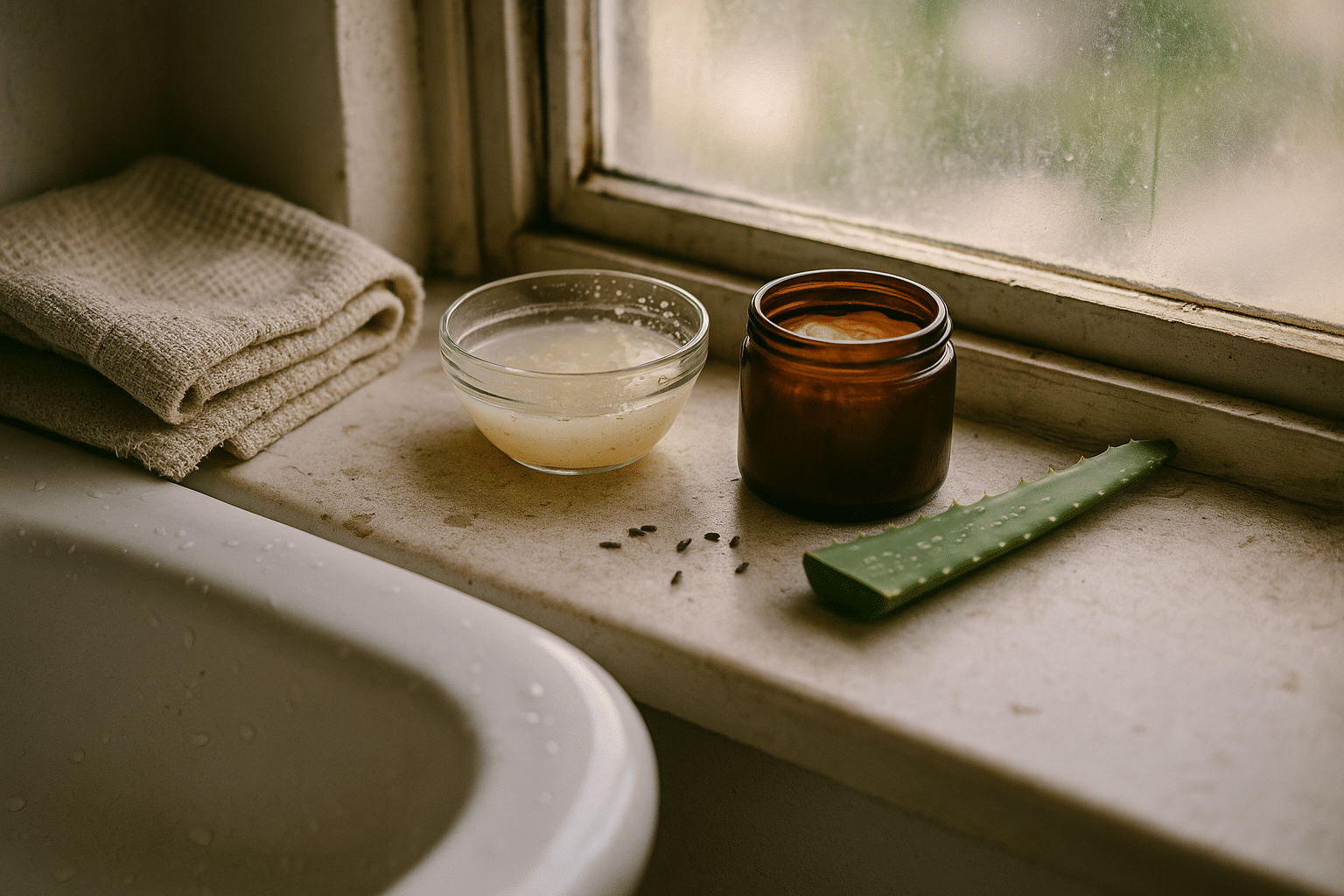
Dry Eyes? A General Guide to Natural Ways People Manage Symptoms
Introduction to Dry Eyes
Dry eyes are a common condition that affects millions of people worldwide. This discomfort is often caused by a lack of adequate lubrication on the surface of the eyes, leading to irritation and redness. While it may seem like a minor issue, untreated dry eyes can significantly impact one’s quality of life, making it essential to understand how to manage and treat this condition effectively.
Dry eyes can result from various factors, including environmental conditions, prolonged screen time, and certain medical conditions. The importance of addressing dry eyes lies not only in alleviating discomfort but also in preventing potential complications such as eye infections or damage to the corneal surface. In this article, we will explore several natural ways people manage dry eye symptoms, offering insights and practical solutions for those seeking relief.
Understanding the Causes of Dry Eyes
Dry eyes occur when the eyes do not produce enough tears or when the tears evaporate too quickly. This imbalance can be attributed to multiple factors, including environmental conditions, lifestyle choices, and underlying health issues. Understanding these causes is crucial in determining the most effective treatment approach.
Environmental factors such as wind, smoke, or dry climates can exacerbate dry eye symptoms by increasing tear evaporation. Similarly, prolonged exposure to digital screens can lead to decreased blinking, further contributing to dryness. Additionally, certain medications and medical conditions, including autoimmune diseases, can affect tear production and exacerbate dry eye symptoms.
Identifying the root cause of dry eyes allows individuals to tailor their treatment strategies effectively. For instance, adjusting environmental factors by using a humidifier or taking regular breaks from screens can significantly reduce symptoms. Understanding the underlying causes also aids in recognizing when professional medical advice is necessary, ensuring individuals receive appropriate care.
Natural Remedies for Managing Dry Eyes
Many individuals seek natural remedies to manage dry eye symptoms, often preferring these solutions for their accessibility and minimal side effects. Several natural approaches have gained popularity for their effectiveness in providing relief from the discomfort associated with dry eyes.
One popular method involves increasing omega-3 fatty acid intake, commonly found in fish oil supplements. Omega-3s are known for their anti-inflammatory properties, which can help improve the quality of tears and reduce eye dryness. Incorporating foods rich in omega-3s, such as salmon and flaxseeds, into one’s diet can also be beneficial.
Another natural approach involves using warm compresses on the eyes. Applying a warm, moist cloth to the eyelids can help stimulate the glands responsible for producing tears, thus improving tear flow and relieving dryness. This simple yet effective method can be easily incorporated into daily routines.
Additionally, staying hydrated by drinking enough water throughout the day is crucial for maintaining overall eye health. Proper hydration supports tear production and helps keep the eyes moist. By combining these natural remedies, individuals can effectively manage their dry eye symptoms and enhance their eye comfort.
Lifestyle Adjustments for Alleviating Dry Eyes
In addition to natural remedies, making specific lifestyle adjustments can play a significant role in alleviating dry eye symptoms. These changes often involve modifying daily habits and routines to reduce eye strain and promote optimal eye health.
One essential adjustment is establishing a regular blinking pattern, especially during activities that require prolonged focus, such as reading or using digital devices. Conscious blinking helps maintain tear film stability and prevents excessive evaporation of tears.
Creating an eye-friendly environment is also crucial in managing dry eyes. This can include using humidifiers to add moisture to the air, particularly in dry or air-conditioned spaces. Positioning computer screens below eye level can also reduce the surface area of the eye exposed to air, minimizing tear evaporation.
Furthermore, wearing sunglasses outdoors can protect the eyes from wind and UV rays, both of which can exacerbate dry eye symptoms. By incorporating these lifestyle adjustments, individuals can significantly reduce the frequency and severity of their dry eye symptoms, improving their overall comfort and eye health.
When to Seek Professional Help
While natural remedies and lifestyle adjustments can provide significant relief for many individuals experiencing dry eyes, there are instances where professional medical intervention may be necessary. Recognizing when to seek professional help ensures that underlying issues are addressed promptly and effectively.
If dry eye symptoms persist despite trying various home remedies, it is advisable to consult an eye care professional. Persistent symptoms may indicate an underlying condition that requires specialized treatment. Additionally, if symptoms worsen or if there is noticeable vision impairment, seeking medical advice is crucial to prevent potential complications.
Eye care professionals can conduct comprehensive examinations to determine the root cause of dry eyes and recommend appropriate treatments. These may include prescription eye drops, specialized procedures, or addressing any underlying medical conditions contributing to the dryness.
By seeking professional help when necessary, individuals can ensure their eye health is managed effectively, reducing the risk of long-term complications and enhancing their quality of life.


